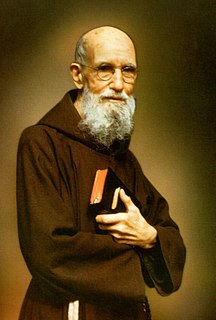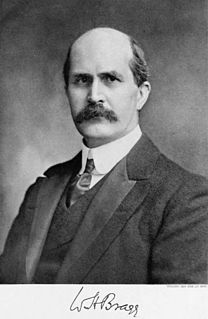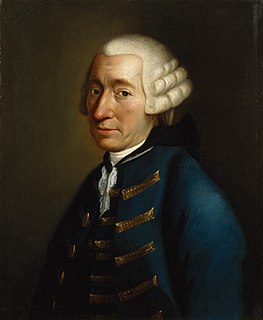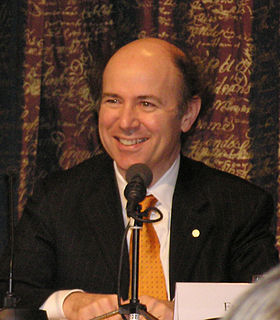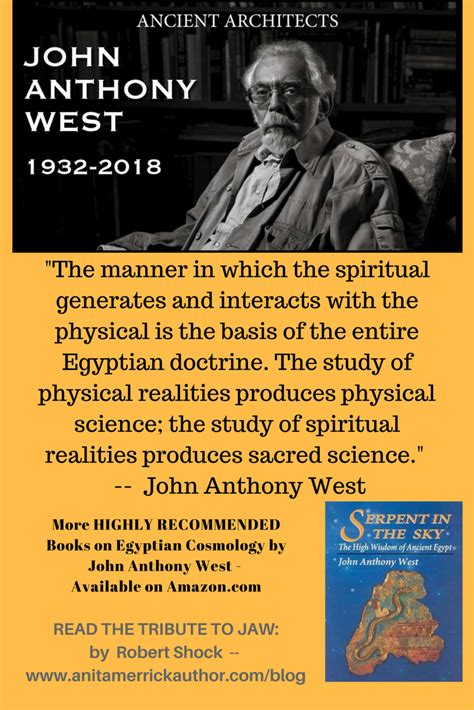A Quote by Ralph Waldo Emerson
Science always goes abreast with the just elevation of the man, keeping step with religion and metaphysics; or, the state of science is an index of our self-knowledge.
Related Quotes
The mystery of sound is mysticism; the harmony of life is religion. The knowledge of vibrations is metaphysics, the analysis of atoms is science, and their harmonious grouping is art. The rhythm of form is poetry, and the rhythm of sound is music. This shows that music is the art of arts and the science of allsciences; and it contains the fountain of all knowledge within itself.
Science is experimental, moving forward step-by-step, making trial and learning through success and failure. Is not this also the way of religion, and especially of the Christian religion? The writings of those who preach the religion have from the very beginning insisted that it is to be proved by experience. If a man is drawn towards honour and courage and endurance, justice, mercy, and charity, let him follow the way of Christ and find out for himself. No findings in science hinder him in that way.
Just to the extent that the Bible was appealed to in matters of science, science was retarded; and just to the extent that science has been appealed to in matters of religion, religion has advanced - so that now the object of intelligent religionists is to adopt a creed that will bear the test and criticism of science.
Science is expanding, and with it our vision of the universe. although this new and constantly changing view may not always give us comfort, it does have the virtue of truth according to our most effective resources for acquiring knowledge. No philosophy, moral outlook, or religion can be inconsistent with the findings of science and hope to endure among educated people.
In my view, The Temple of Man is the most important work of scholarship of this century. R. A. Schwaller de Lubicz finally proves the existence of the legendary 'sacred science' of the Ancients and systematically demonstrates its modus operandi. It was this great science-based upon an intimate and exact knowledge of cosmic principles-that fused art, religion, science, and philosophy into one coherent whole and sustained Ancient Egypt for three thousand years.



